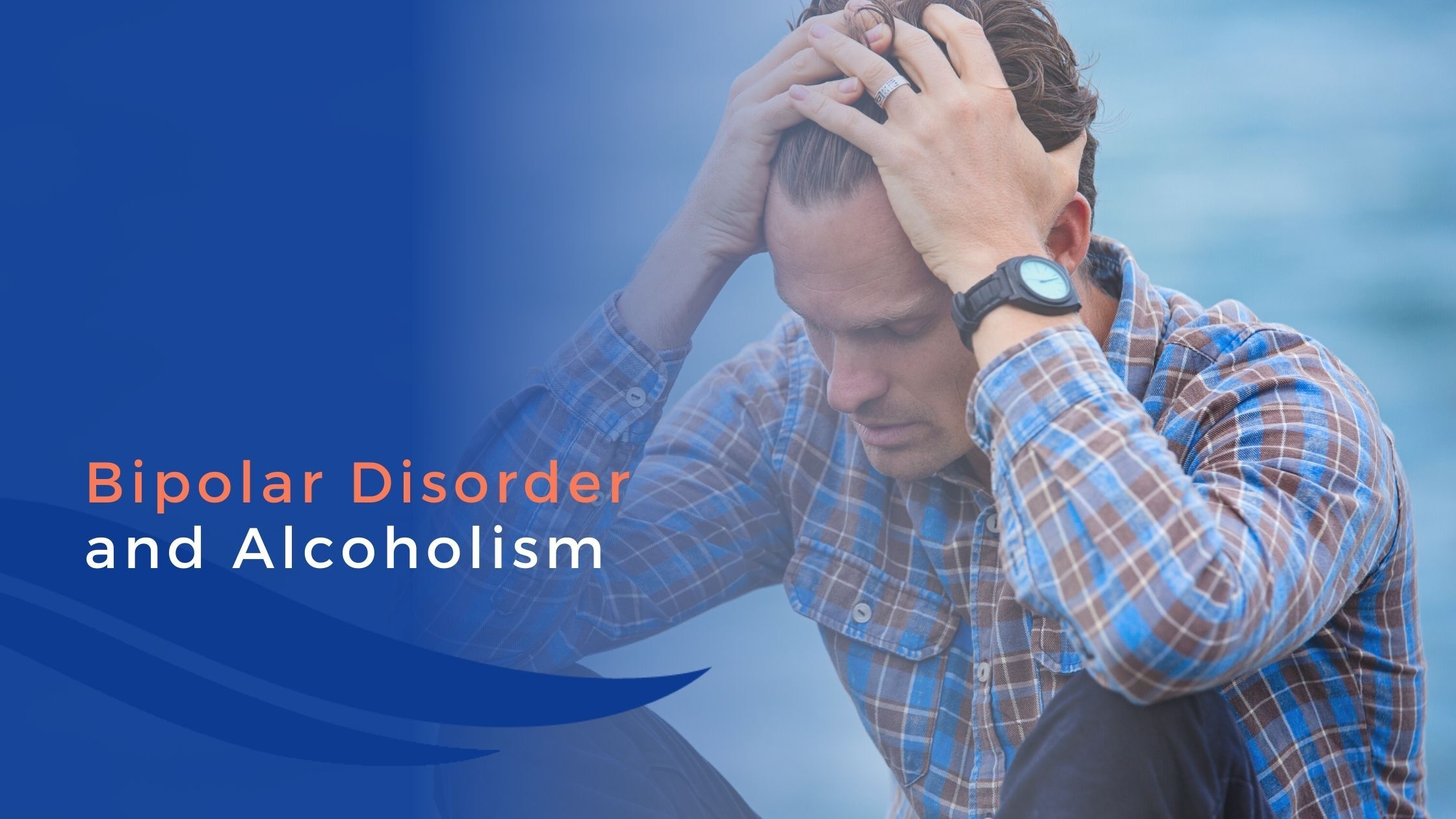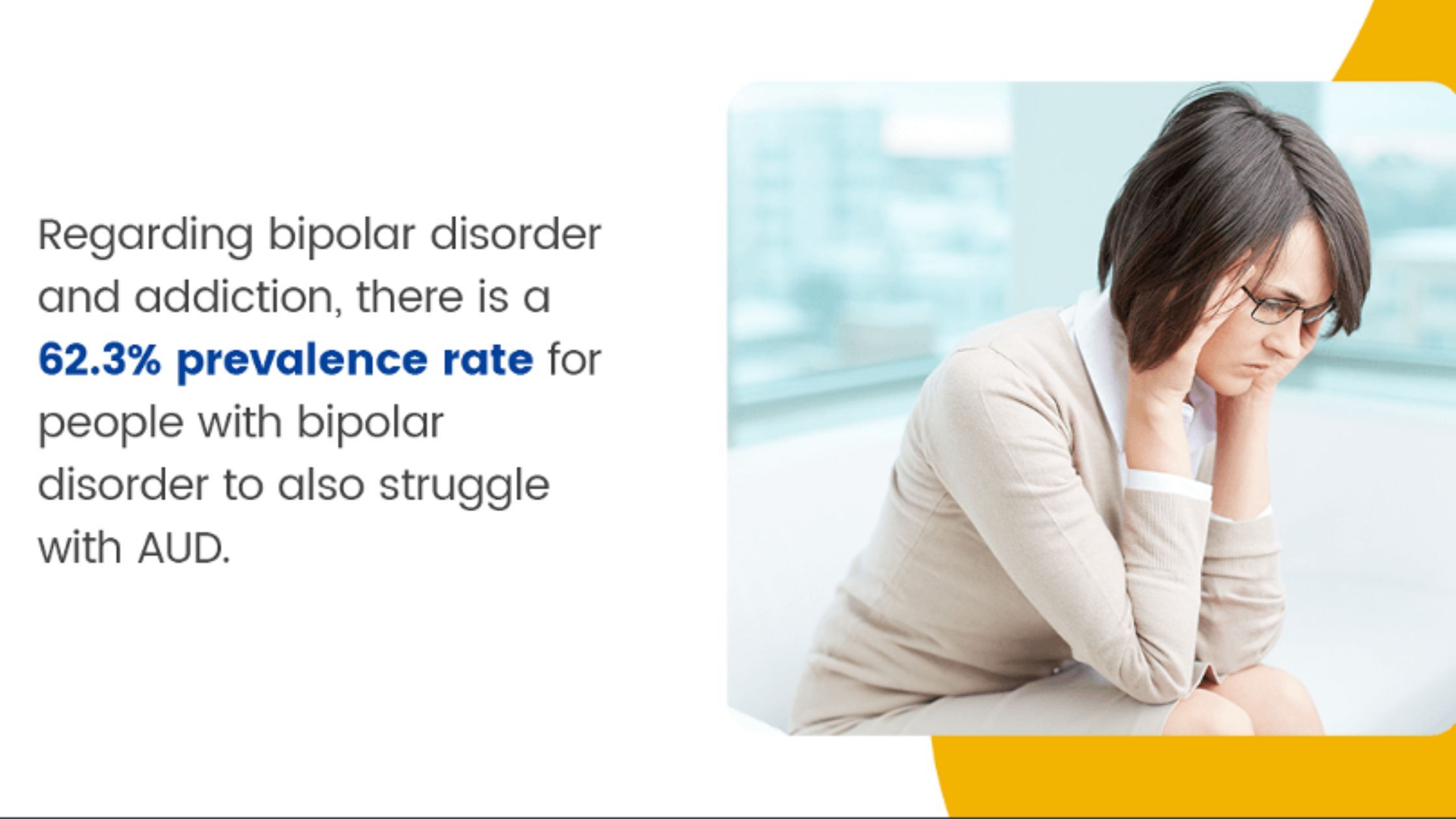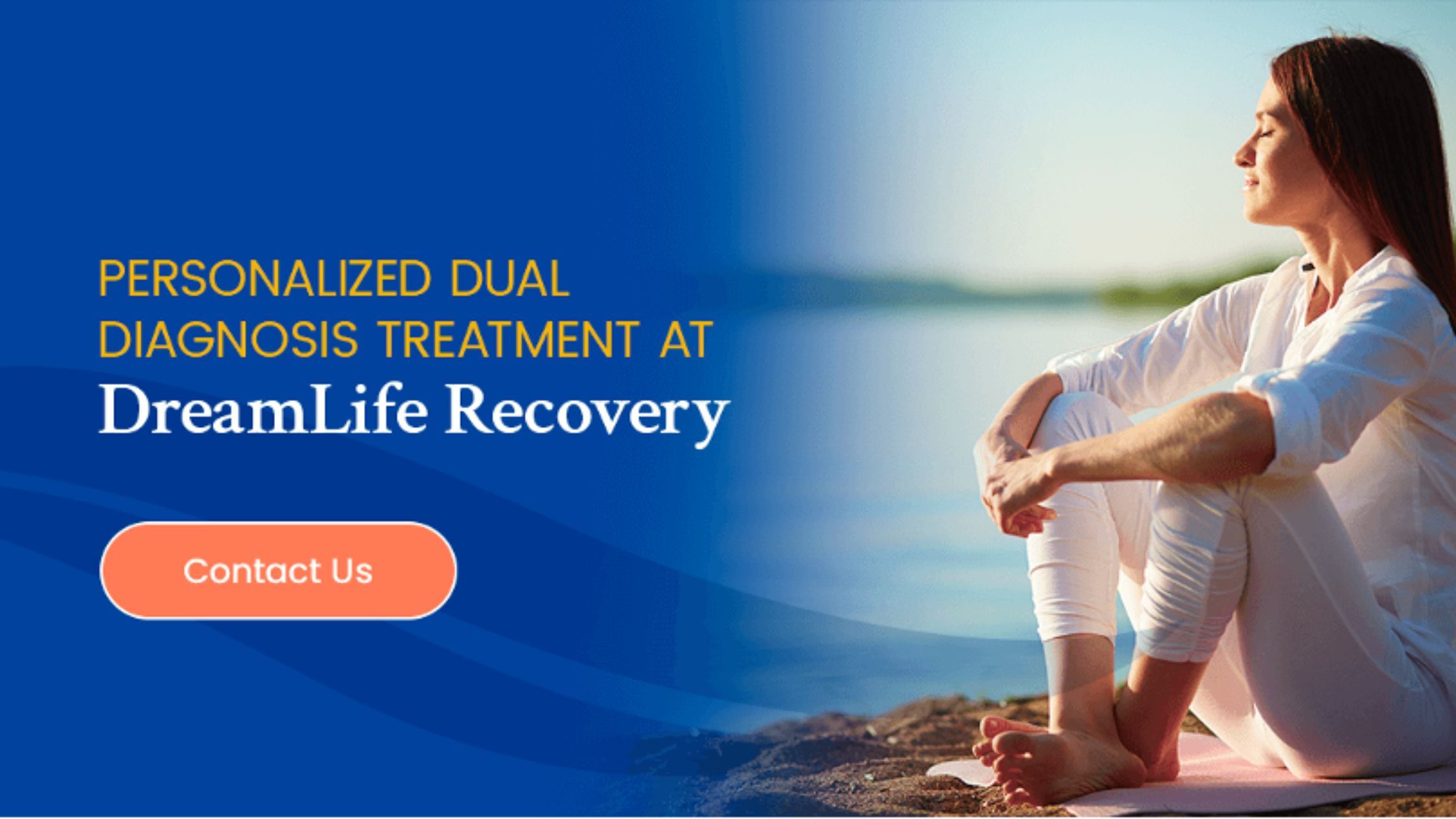Bipolar Disorder and Alcoholism: Treating Both for Recovery


Written By
DreamLife RecoveryBipolar disorder and alcohol use can go hand-in-hand, as addiction and mental health disorders are often linked. People struggling with mental health disorders may use drugs or alcohol in an attempt to self-medicate. For some, substance misuse can seem like the only way to deal with symptoms of mental health.
People with bipolar disorder often suffer from alcohol use disorder (AUD). This co-occurrence makes diagnosing and treating both conditions more challenging.
Types of Bipolar Disorder
Bipolar disorder is also known as bipolar affective disorder (BPAD). BPAD can manifest in a few ways. The most common symptoms are drastic shifts in moods, energy levels, behavior and thinking. These shifts can occur over a few hours to weeks or months. You might also experience positive well-being, moods and behavior, called euthymia, between these mood episodes.
There are different types of BPAD, each with different characterizations:
- Bipolar I: This is the most intense type of BPAD and involves bouts of depression closely followed by manic episodes. Each stage of this cycle can last up to a week or more and often requires hospitalization. These episodes can leave you feeling like you have lost touch with reality.
- Bipolar II: This bipolar still involves depressive and manic episodes. It is milder than bipolar I, as these mood episodes are not as drastic. You are also less likely to feel out of touch with reality.
- Cyclothymic disorder: This is a mild form of BPAD. The episodes of depression and mania in this type can last up to two years. There are more periods of “normalcy” between these episodes. Treatment is still required, as these episodes are different from your usual behavior.
- Not otherwise specified (NOS): People with this type of bipolar disorder do not meet the criteria for other types of bipolar disorder. The cycle between episodes might be too short, or you might experience fewer symptoms. Any symptoms you experience will still be outside your normal behavior range. NOS bipolar still needs treatment.
- Rapid cycling: This type of bipolar disorder is characterized by four or more mood episodes within 12 months. It can make you feel out of control, as rapid changes in your mood can occur at any moment and without any notice. Rapid cycling is also known for periods of normalcy followed by intense mood swings. The mood swings associated with rapid cycling can cause a misdiagnosis. Trauma, stress and other conditions can also cause similar mood swings.
The Link Between Bipolar Disorder and Alcohol Addiction
The link between mental health disorders and addiction has been studied for years. People with mental health disorders may attempt to self-medicate with drugs or alcohol. People with BPAD have an increased risk of developing a secondary substance use disorder risk. Regarding bipolar disorder and addiction, there is a 62.3% prevalence rate for people with bipolar disorder to also struggle with AUD. This co-morbidity can require a dual diagnosis, as there are two conditions to treat.


But why are alcoholism and bipolar disorder so closely linked? There is no clear answer. Instead, several factors can influence bipolar and addiction:
- Self-medication: Many individuals turn to alcohol in an attempt to control the symptoms of BPAD, such as insomnia, anxiety and pain.
- Genetics and inherited traits: There is evidence that bipolar is passed down genetically. Some inherited traits that can cause bipolar disorder also impact how the brain interacts with drugs and other substances. This can increase the likelihood of developing an alcohol addiction.
- Behavior: The excitement associated with the highs of mania can cause too much drinking. You might also use alcohol to try to make the mania last longer. Drinking may also be used in an attempt to deal with depression and anxiety.
The Dangers of Mixing Alcohol and Bipolar Disorder
Turning to alcohol can worsen BPAD symptoms. Alcohol has a sedating effect and can make depressive episodes feel worse. For manic episodes, alcohol can make them more intense. There is also a chance of making impulsive decisions, as alcohol lowers inhibitions. Mood swings may be more dramatic and violent, leading you to act in ways you would not normally consider.
Alcohol misuse in people with bipolar disorder can make them more likely to have mood swings, be violent, experience depression or commit suicide.
Bipolar disorder is challenging to diagnose, and AUDs can make it harder to diagnose. Many symptoms are shared with other conditions such as ADHD, schizophrenia and depression. Alcohol misuse can highlight or hide essential diagnostic symptoms, potentially leading to the wrong diagnosis and treatment.
Mixing the medications used to treat BPAD with alcohol can have many consequences. Bipolar disorder is treated with a combination of medications, including antidepressants, mood stabilizers and antipsychotics. Alcohol can hinder the effectiveness of these medications. These medications can also make hangovers more severe or lead to excessive vomiting.
Treating Bipolar Disorder and Addiction
Mental health disorders and AUD can create a cycle that heightens the symptoms of each and compounds the effects they have on each other. A dual diagnosis is often the first step in treating BPAD and addiction. Long-term recovery depends on getting treatment for both disorders by one treatment team. It doesn’t matter which came first — the addiction or the mental health disorder.
If only one condition is treated at a time, there is a possibility that either one can cause a relapse or worsen symptoms. If you are only treated for bipolar disorder, drinking can interfere with your medications or worsen your symptoms. But treating only your AUD may not get to the root of your addiction struggles, and mood swings can cause you to relapse.
Having the same team treat your bipolar and alcohol misuse has many benefits. You will work with a team of addiction counselors and medical professionals who are trained in dual diagnosis care. A personalized treatment plan will focus on your unique situation and help you manage different symptoms.
Many bipolar and addiction treatment centers also focus on medically assisted detox. This treatment helps wean you off alcohol and drugs in a safe, controlled manner. Clients can also be prescribed medication to manage their bipolar disorders. After that, there are several therapies that can help with both conditions. Your treatment plan will depend on what works for your situation.
Personalized Dual Diagnosis Treatment at DreamLife Recovery
At DreamLife Recovery, we personalize our dual diagnosis treatment to each client. We start with an evaluation to create a recovery plan to help you find life-long sobriety. We focus on identifying the root causes of your addiction and showing you how to overcome them. Mental health is a significant driver of addiction, so we ensure it is at the core of many of our treatments.
To learn more about how we can help you or a loved one overcome bipolar disorder and AUD, reach out to our team online today.







